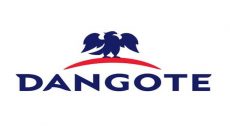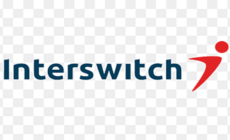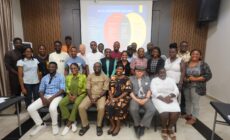In furtherance of the Federal Government’s quest to promote agriculture as the bedrock of the economic diversification agenda, the Standards Organisation of Nigeria (SON) has coordinated the drafting of five new standards on indigenous foods.
The ongoing development of the Standards also promotes the application of research and technology to boost the production of foods for local consumption and export.
Disclosing this view at the first technical committee (TC) meeting on food technology standards in 2019 held in Lagos, SON Director General, Osita Aboloma Esq. stated that the development is to further the Nation’s quest to be in the fore front of promoting indigenous production of food.
According to him, the technical committee meeting is to reiterate Nigerian stakeholders’ as well as regulatory institutions’ relevance in food standardization.
Represented by Dr. Mrs. Omolara Okunlola, SON Group Head, Food
Technology, he advised the TC members bring their expertise and rich
experience to bear on the drafting of the Standards in order to make them
practical, and easily implementable by Stakeholders after approval and
publishing.
These according to him will provide necessary guide to manufacturers, promote fair trade practices and assist statutory regulatory activities.
Aboloma enjoined the committee to consider critically, issues bothering on food safety, food quality and fair trade practices so as not only to strengthen the economy but also to enhance the productivity of the food sector.
Dr. Okunlola listed the five new standards as;
• Standard for packaged Millet flour for pap
• Standard for Corn Pap powder
• Standard for packaged Sorghum powder for pap
• Standard for Fonio flour (Acha flour)
• Standard for Acha
The TC Chairman, Prof Charles Ariahu of the Department of Food Science and
Technology, University of Agriculture Markurdi promised that the committee
would carry out its responsibilities diligently.
He enjoined members of the TC to ensure strict compliance with the Standards development guidelines and endeavor to contribute their opinions and positions freely.
According to him, some of the products to be considered are indigenous, have been in existence over the years and are already being traded across borders thus necessitate approved specifications to serve as benchmarks.
Institutions represented at the TC meeting include Promasidor, Federal Produce
Department, Consumer Protection Council (CPC), Federal Institute of Industrial
Research, Osodi (FIIRO), NASCO Foods and the National Agency for Food Drug
Administration and Control (NAFDAC).
Others were the Federal Ministry of Agriculture and Rural Development, OLAM Foods, Institute of Public Analyst of Nigeria (IPAN), Nestle Foods and Federal University of Agriculture, Abeokuta (FUNAAB) while the SON provided the Secretariat.
‘Bola Fashina
SA (DG)/Head, Public Relations
























